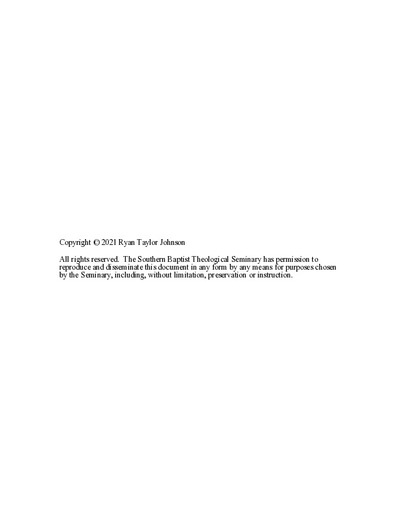Divine Grace in the Gospel of Matthew
Abstract
Divine grace is a perennial topic in New Testament studies, but little work has been done on grace in the gospels. This work examines the theme of divine grace in the Gospel of Matthew by using John Barclay’s taxonomy of six perfections of grace as a heuristic tool by which to explain how this concept is developed. Ultimately, this dissertation argues that divine grace in the Gospel of Matthew is a lavish outpouring of favor to those who do not deserve it before they ask for it. God’s grace, made to appear more glorious because of the dark backdrop of judgment, accomplishes its purposes in the recipients and comes with an expectation of both horizontal and vertical return. In other words, Matthew perfects superabundance, efficacy, priority, and incongruity but not singularity and non-circularity.

